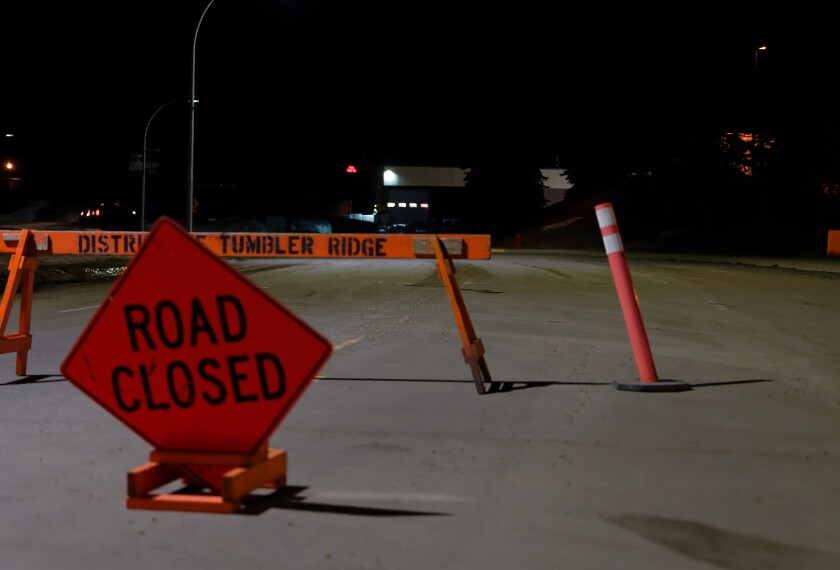State ballot measures involving education faced a tough sell in Tuesday’s elections, including in Florida, where a hotly contested initiative that would have loosened a 2002 constitutional amendment governing class size went down to defeat.
The Florida measure was supported by groups representing the state’s school boards and school administrators, but it faced stiff opposition from the Florida Education Association. The teachers’ union said the ballot measure’s primary aim was to reduce education funding. Although the proposal won support from a majority of voters—54 percent, with 99 percent of the votes counted—it fell short of the 60 percent threshold required for passage.
Voters in Arizona, California, Colorado, Oklahoma, and Oregon rejected a variety of state measures that would have had implications for education spending, whether by helping to increase aid or by leading to possible reductions.
Oklahoma voters, for example, defeated a pair of dueling initiatives. One would have required the state’s per-pupil spending to match the average of other states in the region, while the other would have added language to the state constitution saying the legislature was not required to spend money in such a fashion.
In Colorado, voters joined the chorus of “no” votes, rejecting a trio of measures aimed at dramatically reducing the state’s ability to collect revenue for a variety of services, including education.
Arizona voters shot down an initiative that would have shifted tobacco-tax revenue that is currently directed at early-childhood education and health services to the state’s general fund. State lawmakers were already counting on the money: They built $385 million into this year’s budget under the assumption that the amendment would pass. Lawmakers will now have to rework the spending plan.
Meanwhile, in Hawaii, voters elected four new members to the state school board, and re-elected two others, but also approved a ballot measure that will lead to the abolition of an elected board. The constitutional amendment hands the governor the authority to appoint the board’s members. Legislators next year will have to pass a measure establishing the appointment process.
Florida Class Sizes
One of the highest-profile ballot initiatives affecting education was the Florida measure on class-size reduction.
Under the 2002 amendment, class sizes cannot be larger than 18 pupils in prekindergarten through 3rd grade, 22 students in grades 4-8, and 25 students in high school. The defeated ballot provision would have raised the class-size limits by three pupils in K-3 and by five students in the higher grades.
The proposed new amendment also included a change aimed at giving principals more control over how the reductions were to be implemented.
Under the proposal, the class-size numbers would have been transformed into requirements for the average class size in a particular school, instead of hard caps for each individual class. The state used that method during the amendment’s implementation period, which ended this school year.
The measure’s rejection leaves some difficult decisions for local school districts, where superintendents have already been hard-pressed to make classes fit the state limits amid a budget crunch. Supporters of the proposal argued that it would give schools the flexibility they need to avoid such drastic measures as busing students to other schools and combining two grades in a single classroom to comply with class-size requirements. The Florida legislature is expected to look at the class-size issue when it reconvenes this coming winter.
Questions on Spending
One of the two unsuccessful ballot measures on education in Oklahoma would have mandated that, within three years, the state’s per-pupil spending match the average of other states in the region, including Arkansas, Colorado, Kansas, Missouri, New Mexico, and Texas.
The state’s outgoing Democratic governor, Brad Henry, helped lead the charge against the measure, arguing that it would devastate the rest of state government.
Oklahoma school districts had received a stern warning from a state judge in the last days of the campaign after a superintendent allowed the distribution of fliers in the Yukon school district that advocated passage of the measure.
In Colorado, one defeated ballot proposal would have severely restricted local governments’ ability to collect property taxes. School districts would have lost an estimated $337 million in property-tax revenue during the first year, and $1.5 billion by the end of the 10-year implementation period, according to an analysis conducted for the state legislature.
Another Colorado measure would have severely restricted state and local borrowing. The third would have reduced or eliminated a variety of taxes and fees, squeezing revenue streams for education and other services. The measures drew the backing of the Colorado Union of Taxpayers, but were vehemently opposed by education officials.
In cash-strapped California, voters rejected an initiative, backed by the state’s largest teachers’ union, that would have rolled back recently enacted corporate tax breaks.
And in Oregon, voters defeated a measure that would have authorized a new resort casino, with some revenue going to schools.




